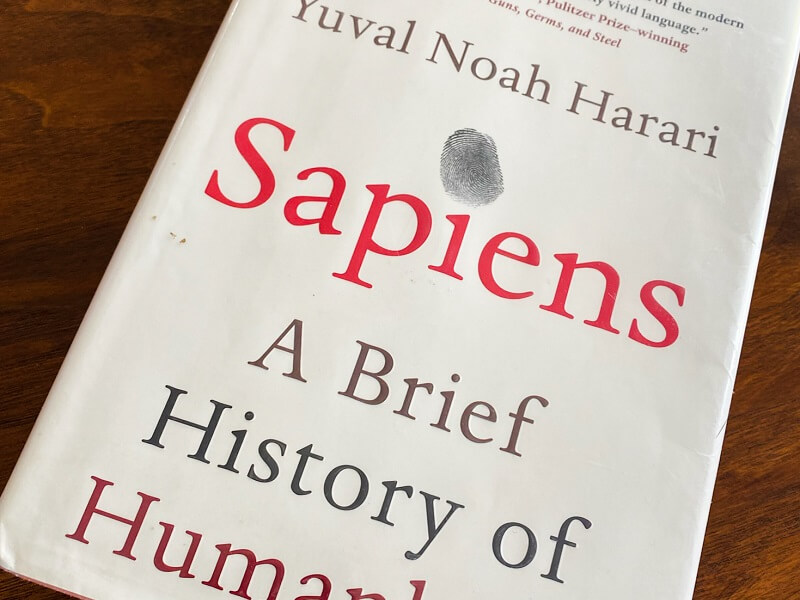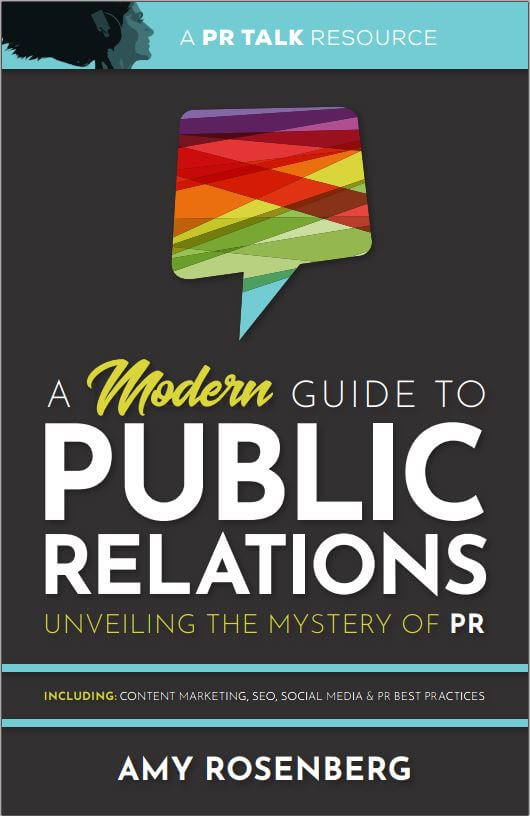My mind is currently being blown by Yuval Noah Harari’s “Sapiens: A Brief History of Humankind.” Learning about the history of our species — not “his”-tory, but the stages in which we’ve evolved — brings a new perspective to our way of working and living today.
For example, our constant worrying and work, work, working for the future comes from our agricultural roots, in which planning for the future was necessary for survival.
Yet, according to Harari, we were happier and healthier before the agricultural revolution, during our hunter-gatherer phase. Free to roam, we couldn’t plan ahead and made do with what we had. This forced us to stay in the present and exclusively connected us to the earth. We knew no other way.
However, the advent of agriculture caused us to stay put, creating a dependence on our small slice of land, along with the few staples it produced. We no longer roamed into new territories nor experiences, our genius chaining us for generations. A stagnant diet compromised our health and our harvesting methods created a manipulative, artificial connection to the earth.
Today as office workers, factory workers or caregivers, we are unable to shake our agricultural worrying. We’ve replaced anxieties about too little rainfall or too little sun with too little money or too little time. Immune to the luxuries that we’ve come to expect, we’re forced to work harder to maintain it all, causing more obligations and anxieties. This is a different type of chaining, similar to the land chaining we experienced in agricultural times.
I’m curious about what a hunter-gatherer lifestyle would look like today. Does it mean closing shop and moving wherever the seasons point? Is it living in the now to lessen the constant future-tripping? Or does it require shunning technology?
While these revolutionary thoughts may feel risky, possibly being chained to a job and a mortgage is the riskier option.
Maybe it doesn’t have to be all or nothing. If we adopt just a few new practices, we’ll be closer to our true selves, the way nature intended. I may start with the simple act of staying present and saying no to worrying about the future.
All this and I am not even halfway through the book.









